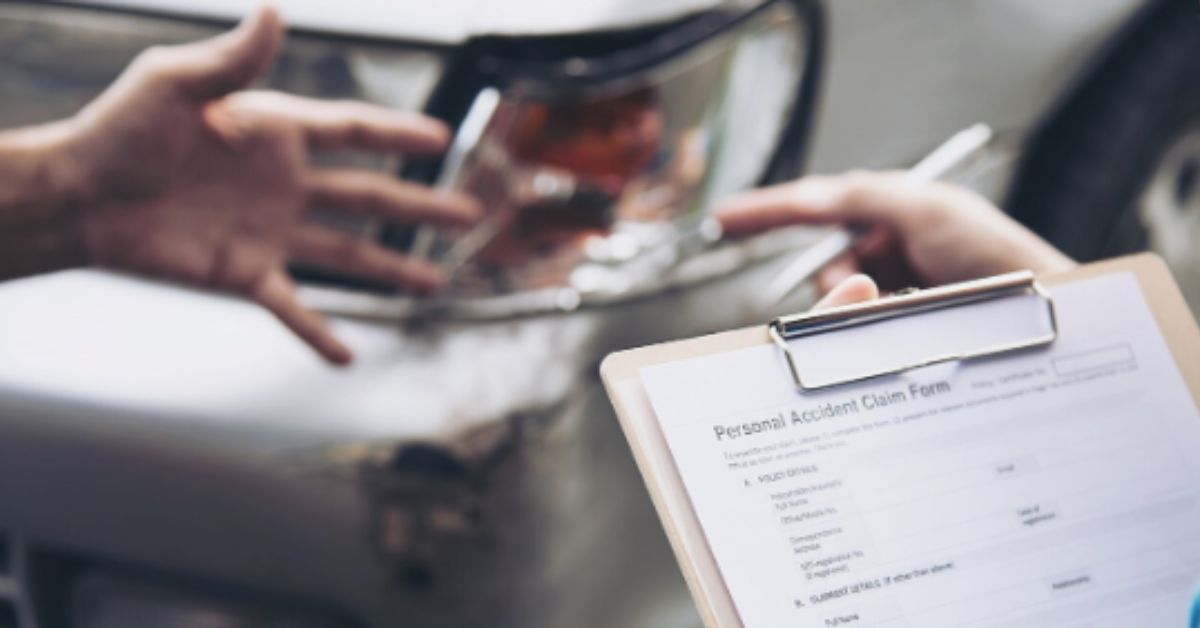What Does a Personal Injury Lawyer Do?
The aftermath of an accident is often a blur of stress, pain, and uncertainty. Daily life can feel overwhelming between handling medical treatments, missed work, and the legal complexities. This is the juncture where a personal injury lawyer in Dunwoody, GA —or an attorney with similar experience elsewhere—can be a vital lifeline. Personal injury lawyers specialize in supporting those who have suffered harm due to negligence, whether from a car accident, a slip, or a workplace injury. Their primary responsibility is to guide victims through a process often filled with legal jargon, intimidating paperwork, and strict deadlines.
What sets these lawyers apart is not just their legal acumen, but also their willingness to fiercely defend clients. They gather evidence, interview witnesses, review medical records, and build a compelling case to demonstrate how the accident has impacted your life. They serve as buffers between you and insurance companies, taking on negotiations and ensuring you do not inadvertently accept a lower settlement than you deserve. From the initial consultation to a potential courtroom trial, their goal is to shoulder the legal burden so you can focus on wellness, peace of mind, and getting your life back on track.
The Types of Cases Personal Injury Lawyers Handle
Personal injury lawyers are well-versed in an extensive range of case types. Daily life often presents unexpected dangers—on hectic roads, icy sidewalks, malfunctioning equipment, or due to the actions of others. Victims sometimes overlook how many situations might benefit from legal assistance. Consider these common scenarios:
- Vehicle-related incidents: Car, truck, motorcycle, bicycle, and pedestrian accidents are routine cases for injury lawyers. With millions of auto accidents yearly in the U.S., the need for expert legal navigation is higher than many realize.
- Premises liability: Slips, trips, and falls may seem minor, but they account for roughly 8 million emergency room visits annually, according to the National Floor Safety Institute.
- Workplace accidents: Many jobs carry risks, from falls on construction sites to repetitive stress injuries in offices. Legal representation can help clarify who is responsible and maximize recovery.
- Medical malpractice: When a doctor’s or hospital’s error causes suffering, attorneys step in to untangle complex liability and advocate for appropriate financial settlements.
- Product liability: Dangerous or faulty products—from vehicles to consumer goods—can cause significant harm, and injury lawyers are adept at holding manufacturers accountable.
- Animal attacks: Dog bites and other animal attacks can result in both physical and emotional trauma, and often require legal guidance to navigate insurance or local ordinances.
Determining if your specific circumstance qualifies for a claim often hinges on details unique to each case. That’s why reviewing comprehensive and accessible resources like the Nolo personal injury claim overview helps clarify your options and next steps.
Why Legal Representation Matters
Insurance companies are often quick to respond after an accident, but remember that their core function is to minimize payouts, not maximize justice for victims. Data collected by the Insurance Research Council found that injury claimants represented by lawyers received settlements almost three times larger, on average, than those without legal help. When injuries are significant or involve long-term care, the financial difference can reshape a family’s future.
Attorneys in personal injury law combine compassionate client advocacy with fierce negotiation skills. They factor in current medical bills, ongoing therapy, earning capacity, pain ring, and future health care needs. Legal counsel brings clarity and balance to a process that otherwise feels tilted against the injured. While clients focus on getting better, a lawyer is hard at work building a claim, arguing for full compensation, and making sure nothing slips through the cracks of bureaucracy or complex policy wording.
Steps to Take Immediately After an Accident
What you do in the minutes and hours after an accident holds surprising weight throughout your medical and financial recovery. Time is of the essence, and even seemingly minor steps have significant consequences down the line. Here’s a checklist to help cement your case:
- Seek medical care immediately. Even injuries that seem insignificant could worsen or manifest later. A medical record also confirms the timing and severity of injuries, which can be vital in any claim.
- Report the accident. Always inform police, supervisors, or property owners as soon as possible. Official reports provide critical documentation supporting your account.
- Document everything. Take photos of the damage, gather the names and numbers of witnesses, and write down as many details as possible while your memory is fresh. Keep all correspondence, receipts, and prescriptions.
- Consult with a personal injury lawyer. Avoid giving lengthy narratives or accepting quick settlements from insurance representatives without legal advice. Attorneys provide objective counsel and protect your financial interests.
Simple preparation today can mean a far smoother and more successful legal journey tomorrow.
Key Questions to Ask a Personal Injury Lawyer
Choosing the right attorney for your unique case is one of the most impactful steps you’ll take. Here are key questions every injured individual should consider:
- Do you regularly handle cases similar to mine, and what were the outcomes?
- What percentage of your caseload is devoted to personal injury?
- How are fees structured, and will there be additional costs apart from the contingency fee?
- Who will be my main point of contact, and who does most of the substantive work?
- How often and by what means will you update me during the process?
- Are there potential challenges in my case, and how will you address them?
Asking these questions upfront assures clarity and nurtures a working relationship built on mutual trust—something that pays off if unpredictability strikes during your case.
Common Myths About Personal Injury Law
Personal injury law is rife with misconceptions, some of which unfortunately deter people from seeking assistance. A frequent myth is that all claims lead to prolonged legal battles, when in reality the majority—up to 96%, according to the Bureau of Justice Statistics—are settled outside court. Another common misunderstanding is that only severe, life-altering injuries deserve compensation, while persistent or delayed symptoms from moderate accidents can still seriously impact a person’s life and finances.
Others believe pursuing compensation is “money-grabbing, most victims grapple with significant hardship, and settlements merely attempt to restore a sense of normalcy. Injured individuals can make informed, empowered decisions at every stage by separating fact from fiction and seeking accurate legal advice.
Recent Trends in Personal Injury Cases
Cultural, technological, and legislative shifts continually influence personal injury law. One clear trend is the increasing prevalence of distracted driving claims, fueled by widespread mobile device use. New modes of transportation, such as electric scooters and advances in autonomous vehicle technology, have also prompted new legal questions regarding fault and liability.
Insurance companies respond by adapting their claims processes and scrutinizing digital evidence more closely. This underscores the need for up-to-date information. Staying in tune with insurance and liability news provides a window into emerging challenges and solutions in personal injury law. Additionally, there is a growing public and legal recognition of psychological injuries—such as post-traumatic stress—beyond strictly physical harm.
Resources for Injured Individuals
Finding a way forward after an accident can be daunting, but nobody has to navigate recovery alone. State bar associations typically offer referral programs to match individuals with reputable attorneys. Consumer websites and nonprofit legal aid organizations provide guides and checklists for everything from documenting injury to understanding how insurance works.
Support can also come from advocacy and survivor groups that meet online or in person. Connecting with others going through similar challenges offers not only practical advice but also emotional reassurance. Local health departments, workplace employee assistance programs, and specialized support networks are additional avenues for assistance. Knowledge, community, and expert legal guidance can transform the path from trauma to recovery, letting injured individuals pursue compensation in a clear, confident, and hopeful way.







